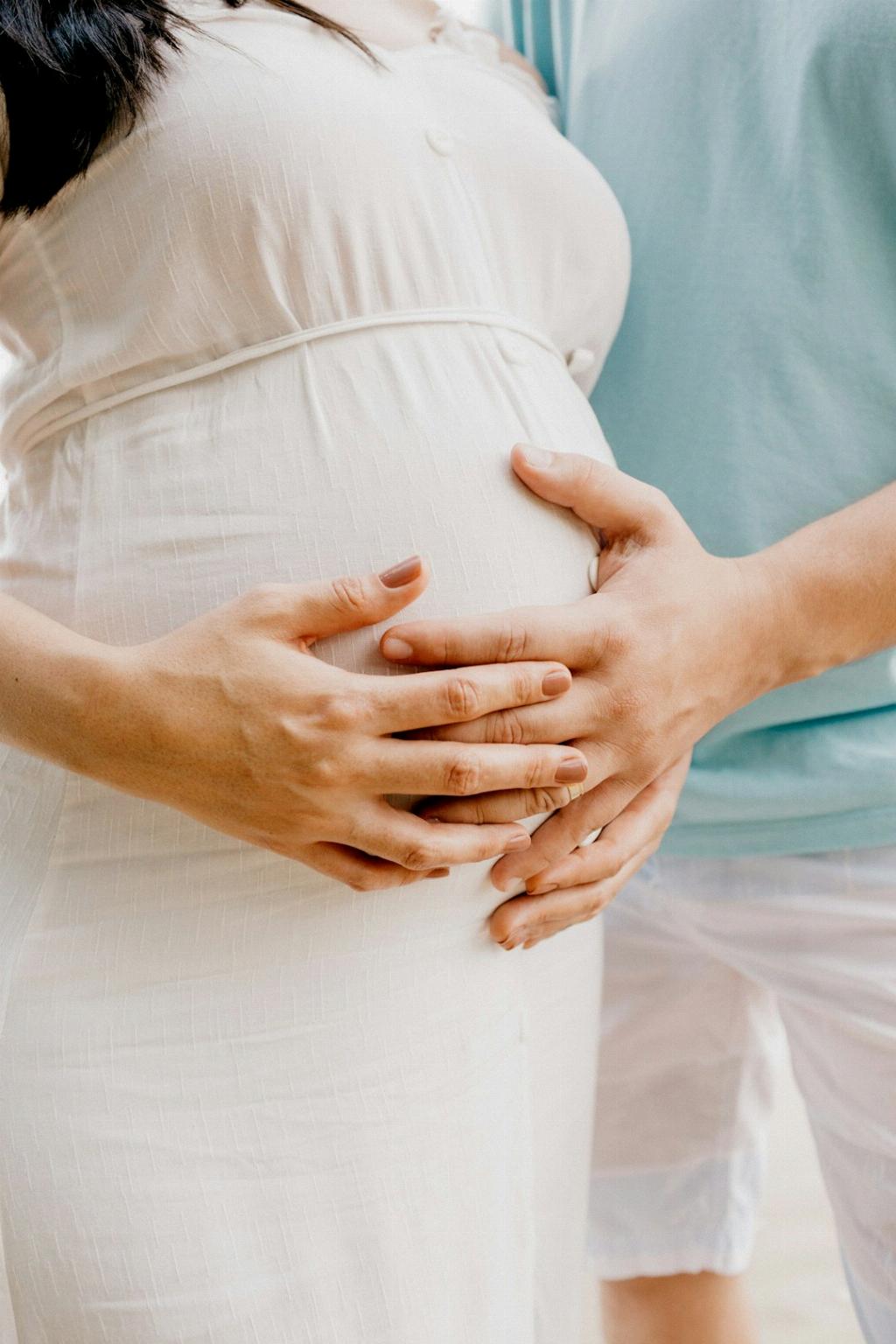Placental abruption, a sudden and potentially serious complication during pregnancy, occurs when the placenta detaches from the uterine wall before delivery. This separation can have significant implications for both the mother and the baby.
When it comes to the survival of a baby in the case of placental abruption, several factors come into play. The severity of the abruption and the gestational age of the pregnancy can greatly influence the outcome.
For babies, the risks associated with placental abruption are significant. Premature birth is a common consequence of placental abruption, as the condition may necessitate early delivery to protect the health of both the mother and the baby.
Furthermore, the impact of placental abruption on the baby’s growth cannot be overlooked. The sudden deprivation of oxygen and nutrients that occurs when the placenta detaches can affect the baby’s development and potentially lead to growth restrictions.
Tragically, in some cases, the consequences of placental abruption can be devastating. There is a small but real risk that the baby may not survive the abruption and could be stillborn.
It is crucial for pregnant individuals to be aware of the signs and symptoms of placental abruption and seek immediate medical attention if they suspect this complication. Early detection and prompt intervention can significantly improve the chances of a positive outcome for both the mother and the baby.
Medical professionals play a vital role in managing placental abruption and minimizing its impact on the baby’s survival. Timely diagnosis, close monitoring, and appropriate interventions are essential in ensuring the best possible outcome in these challenging situations.
While the risks associated with placental abruption are concerning, it is important to remember that not all cases have a fatal outcome. Many babies do survive placental abruption, especially with timely and effective medical care.
Research and advancements in perinatal care continue to improve the prognosis for babies affected by placental abruption. Ongoing efforts to enhance prenatal screening, monitoring, and treatment options are helping to safeguard the health and well-being of both mothers and babies.
Overall, the survival of a baby in the context of placental abruption depends on various factors, including the severity of the condition, the gestational age of the pregnancy, and the quality of medical care received. While the risks are real, proactive management and timely intervention can make a significant difference in the outcome.
By staying informed, seeking regular prenatal care, and being vigilant for any concerning symptoms, pregnant individuals can take proactive steps to protect both themselves and their baby from the potential complications of placental abruption.

